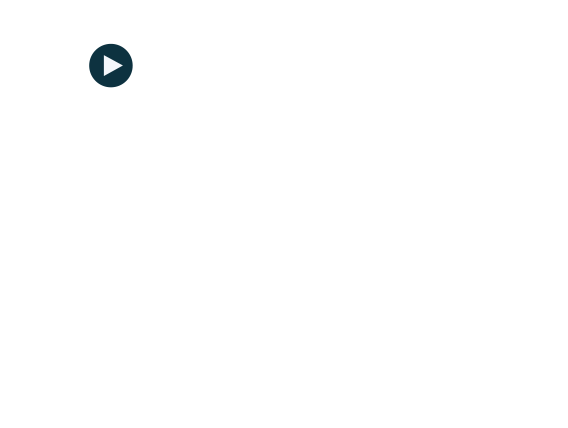
The QA Commons is mindful of the dramatic and transformational impact COVID-19 is having on all institutions of higher education. As an organization, we are adapting our services to support preparing graduates for the workplace that is now changing more precipitously than ever.
Rita Malenczyk, English Department, Eastern Connecticut State University
When our university committed to making employability a focus of our work with students, the English Department—of which I’m a member—reacted with a combination of agreement and resentment. Agreement, because we knew English majors weren’t always sure how to navigate the wide range of job opportunities supposedly available to them as liberal arts majors; resentment, because we already had a lot on our plates, in a teaching-intensive (four courses per semester) university where our obligations also included research, service, and outside professional activity. Quite frankly, most of us felt that participating in employability efforts wasn’t our job, and more to the point, that we weren’t qualified to advise students on what they should do with their lives after college if they didn’t plan to go to graduate school or to teach. I mean, we’re college professors. We went to graduate school to become college professors, and that’s what we do. How could we possibly help with the wider world of employability?
Nevertheless, our department was chosen to be one of the first test cases for working with the QA Commons on strengthening the aspects of our program that related to employability. I volunteered to be the department liaison to the QA Commons for a couple of reasons: one, I’m a tenured full professor; two, I’m an administrator, having directed the Writing Program at Eastern for over 25 years. I’m used to both holding the line where necessary with regard to program values, yet listening to other university constituents whose views I have to take into account. So I felt comfortable being in a position where I had to maintain the values of my department, understand the time pressures on department members, and yet do what the administration was asking us to do.
The QA Commons provided us with a framework for reflection about the efforts our department was currently making towards employability. They asked us questions about our efforts, and in consultation with the department chair and our Assessment Committee, I provided some answers: for example, to what degree are we interacting with Career Services to help our students find jobs? (Answer: not much.) To what degree are we using our website to promote the different jobs alumni have gotten over the last few years? (Answer: not much.) To what degree are we providing our current students with opportunities to reflect on their experiences, and the skills they gained, through our curriculum, and look toward how those experiences and skills might translate into employment? (Answer, yet again: not much.) The QA Commons made suggestions about how we might better do these all things and others, and as a department we discussed what we might do to improve in response to their comments.
According to QA Commons, so far we’re doing pretty well in our efforts to follow up on their suggestions. We’ve decided to begin work on the following beginning in the fall:
Some of our faculty have also expressed interest in including employability-related statements on their syllabi, though we have not made this a requirement, given the range of approaches faculty take to their classes and our culture of academic freedom.
Admittedly, we’re lucky in that we already have certain things in place that will help us do all this. We have a website up and running—we only have to add to it. We regularly hold alumni panels for students to attend—we only have to broaden the reach of those efforts. And we already have the exit portfolio and an Assessment Committee that regularly reads the portfolios and revises the criteria as needed.
It is important to note that all these efforts were decided upon through conversation with the entire department, and were therefore agreed upon pretty much unanimously—largely because they were doable given the rest of our workload, built on existing structures, and didn’t infringe upon what we were trying to do in our curriculum. So for those working with Humanities departments on employability efforts, I recommend the following:
As the department liaison to the QA Commons, I’m excited about what our efforts will do to help our students. Onward!
Enter your email below to follow this project and receive notifications.










We appreciate you contacting us. One of our colleagues will get back to you shortly.
